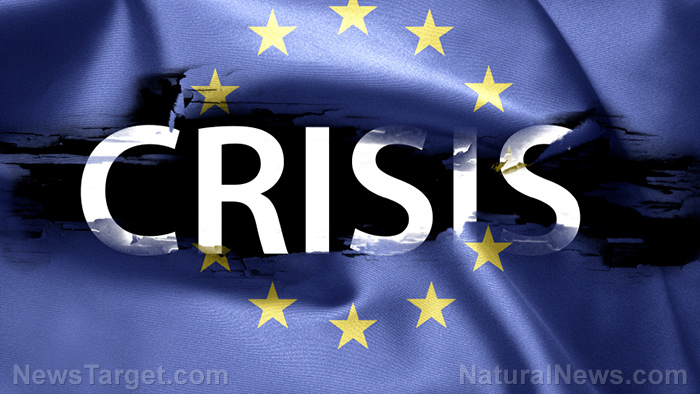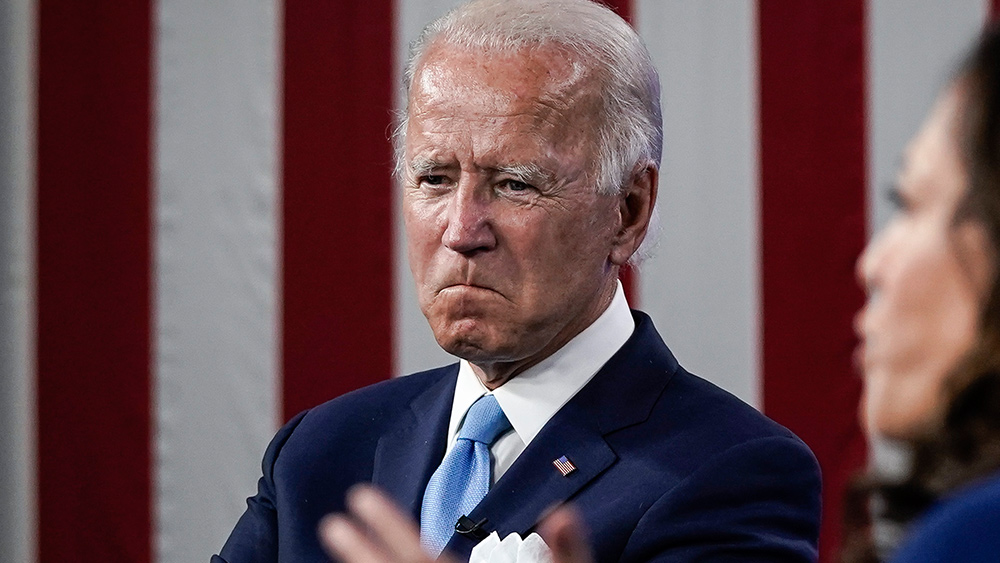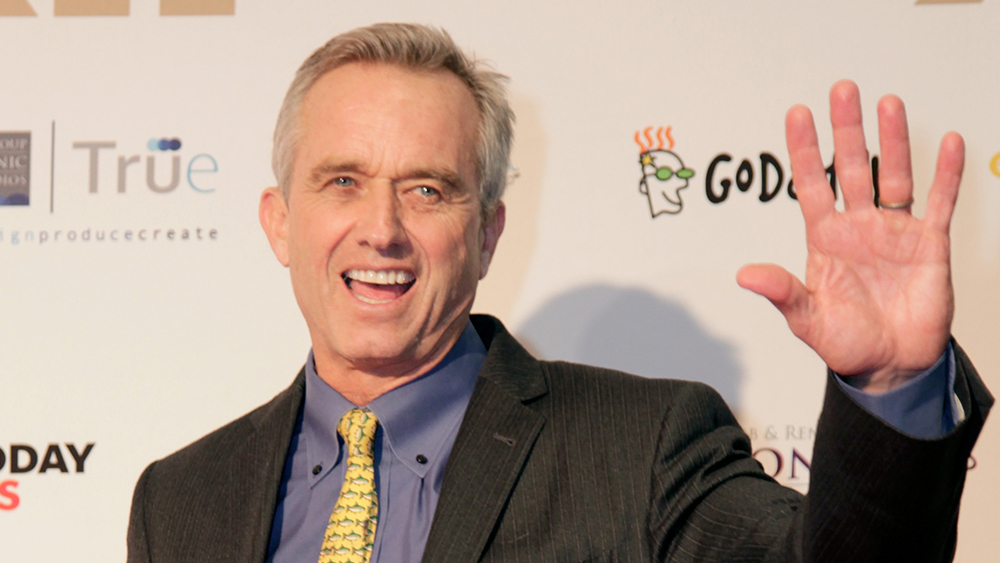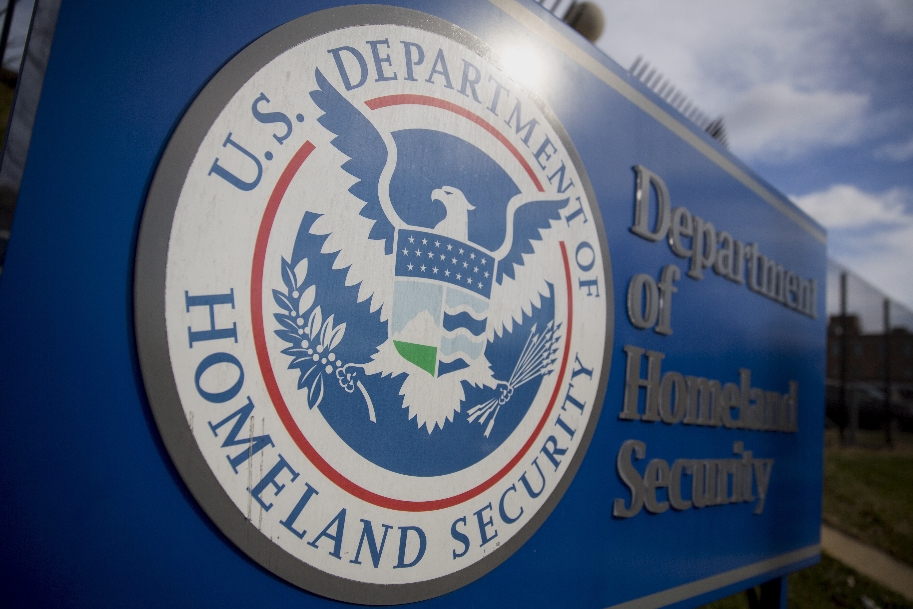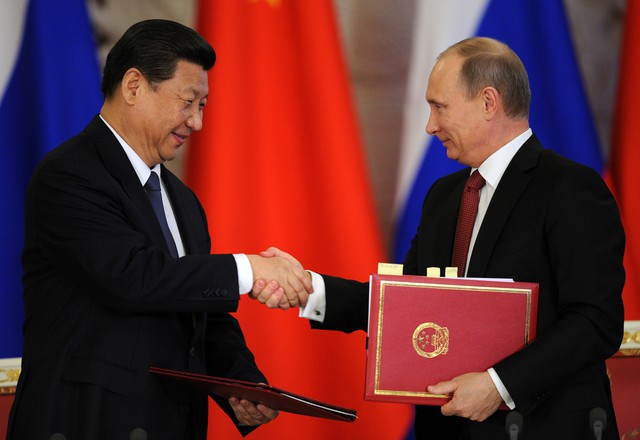Poland’s central bank to increase its share of GOLD reserves to 20%
02/14/2024 / By Ava Grace

The management of Poland’s central bank, the National Bank of Poland (NBP), has decided to increase the share of gold in the country’s reserves to 20 percent.
NBP President Adam Glapinski announced this momentous occasion during a press conference, where he noted that “a 20 percent share of gold in reserves is characteristic of the wealthiest, safest and most credible countries.”
The latest estimates suggest that gold currently makes up around 12.6 percent of the country’s reserve assets. Assuming that the value of foreign reserves and the gold price won’t change significantly, this means that the NBP would need to have about 570 tons of gold in its reserves to reach the 20 percent mark, or around 211.3 tons more than the 358.7 tons it currently has.
NBP data shows that the value of the central bank’s gold reserves amounted to a little over 21.72 billion euros ($23.24 billion) at the end of January, a slight increase over December’s figure of 21.53 billion euros ($23.04 billion).
According to Glapinski, gold reserves are an important factor in the way an economy is perceived by both rating agencies and trading partners. (Related: Central banks will keep gobbling gold in 2024.)
“We are solvent and trustworthy even in the most difficult political and military situations, and we’ll remain so,” added Glapinski. “Anyone who trades with us, invests, or buys from us will be fully secure and can expect that their transaction will be secure.”
NBP’s target is close to global average
Adam Ujazdowski, writing for Poland Insight, noted that among the 50 countries in the world with the largest gold reserves, the average amount of gold in relation to total reserves is about 23 percent – fairly close to the share of gold in Polish reserves that the NBP is aiming for.
“Meanwhile, factoring in all global central banks, the average share of gold reserves in relation to total reserves hovers around 15 percent,” wrote Ujadzowski. “It’s worth noting that in the early 80s, a decade after President Richard Nixon ended the gold standard, this share exceeded 70 percent. The historical average over these more than five decades is around 40 percent.”
A third of the NBP’s current gold reserves are physically in Poland. Another third is held in trust in the United States by the Federal Reserve Bank in New York. Another third is held by the United Kingdom with the Bank of England in London. The NBP noted that this three-way split will remain as it continues to purchase gold.
In his analysis of why the Polish economy needs gold reserves, Ujazdowski noted that it is a smart financial decision for the NBP to increase its gold reserves enough to align it in relation with the size of the Polish economy.
He wrote that some countries in the Eurozone – the currency union made up of the 20 European Union member states that use the euro as its official currency – including France, Germany, Italy and the Netherlands adjust the size of their gold reserves so that they are worth about four percent of their gross domestic product. If Poland were to align with the Eurozone, total gold reserves should be at least 450 tons.
For more stories about the burgeoning gold market, head over to GoldReport.news.
Watch this video discussing the smartest way for beginners to get into buying gold in 2024.
This video is from the Gold & Silver Central channel on Brighteon.com.
More related stories:
Over $100M worth of gold sold by Costco as the precious metal surges in value.
Mario Innecco: RISING gold prices spell TROUBLE for the dollar and other fiat currencies.
Sources include:
Submit a correction >>
Tagged Under:
Adam Glapinski, big government, bubble, central bank reserves, central banks, economic riot, economics, economy, finance, finance riot, gold, gold report, Gold Reserves, metals, money supply, National Bank of Poland, Poland, Precious Metals, reserves, risk
This article may contain statements that reflect the opinion of the author
RECENT NEWS & ARTICLES
COPYRIGHT © 2022 FinanceRiot.com
All content posted on this site is protected under Free Speech. FinanceRiot.com is not responsible for content written by contributing authors. The information on this site is provided for educational and entertainment purposes only. It is not intended as a substitute for professional advice of any kind. FinanceRiot.com assumes no responsibility for the use or misuse of this material. All trademarks, registered trademarks and service marks mentioned on this site are the property of their respective owners.






